India blocks documentary on Modi’s role in Gujarat ‘ethnic cleansing’
The Indian government has directed YouTube and Twitter to block the airing of a documentary that questions Prime Minister Narendra Modi's leadership during the deadly 2002 Gujarat riots, saying that even sharing of any clips via social media is barred.
The senior adviser at the ministry of information and broadcasting, Kanchan Gupta tweeted on Saturday about the successful blocking of the documentary and of all of the links leading to it.
"Videos sharing @BBCWorld hostile propaganda and anti-India garbage, disguised as 'documentary', on @YouTube and tweets sharing links to the BBC documentary have been blocked under India's sovereign laws and rules," Gupta said.
"Ministry of Information & Broadcasting has issued directions for blocking multiple @YouTube videos of first episode of @BBCWorld’s hateful propaganda 'India: The Modi Question'. Orders were also issued to @Twitter for blocking over 50 tweets with links to these YT videos," Gupta, wrote on Twitter.
Ministry of Information & Broadcasting has issued directions for blocking multiple @YouTube videos of first episode of @BBCWorld ’s hateful propaganda “India: The Modi Question”. Orders were also issued to @Twitter for blocking over 50 tweets with links to these YT videos.
— Kanchan Gupta 🇮🇳 (@KanchanGupta) January 21, 2023
n2
“Both @YouTube and @Twitter have complied with the directions,” he tweeted.
Last week, a spokesperson for India's foreign ministry termed the BBC documentary a "propaganda piece" meant to push a "discredited narrative".
"Censorship. Twitter has taken down my tweet of the BBC documentary. It received lakhs (hundreds of thousands) of views. The one-hour documentary exposes how PM hates minorities," said Indian politician and Trinamool Congress MP Derek O'Brien, who was among some opposition leaders whose tweet on the documentary was removed by Twitter.
Created by BBC, the two-part documentary, the first part of which aired on January 17, tracked Modi’s early years as a politician and later climbing through the ranks within the infamous Hindu nationalist Bharatiya Janta Party (BJP).
Before becoming the prime minister of India in 2014, Modi held the chair of the chief minister of the western state of Gujarat from 2001 to 2014.
The documentary puts light on the previously unpublished report that raises questions about Modi's actions during the religious riots that had broken out after a train carrying Hindu pilgrims the day before was set on fire, killing 59.
At least 1,000 people, mostly Muslims were mercilessly butchered during the 2002 Gujarat riots in February, which lasted for three days, and is considered one of the worst incidents of violence in India since its independence in 1947.
For the first time, a documentary has revealed a UK government report into the communal riots. The UK report said the events had “all the hallmarks of an ethnic cleansing”, the documentary showed.
“Modi had played a proactive part in pulling back police and in tacitly encouraging the Hindu extremists. That was a particularly egregious example of political involvement to prevent police from doing their job to protect the Hindus and the Muslims," Jack Straw, the former foreign secretary of UK who held office during the riots, is heard saying in the documentary.
The report also claimed there was widespread rape of Muslim women during the 2002 violence.
It added that the riots’ objective was to “purge Muslims from Hindu areas”; something critics today have said has become state policy under the BJP’s Hindu nationalist agenda.
Meanwhile, the Supreme Court of India appointed investigation found no evidence of wrongdoing by Modi.
Despite the riots also taking the lives of three British citizens, in 2013, the UK government ended a ten-year boycott of Modi over the 2002 riots.
On Thursday, UK PM Rishi Sunak was asked in parliament by MP Imran Hussain if he agreed with the report that Modi was directly responsible for the violence and "what more did the foreign office know of his involvement in this grave act of ethnic cleansing"?
While defending Modi, Sunak replied that "the UK government's position on this has been clear and long-standing and hasn't changed, of course, we don't tolerate persecution where it appears anywhere but I am not sure I agree at all with the characterization (of Modi) that the honorable gentleman has put forward to."
Ever since the BJP government held power in India in 2014, there has been an unprecedented rise in violence through Hindu extremists, against minorities especially the Muslims of India.
D-8’s role in Iran’s economy after Cairo summit
China slams US as ‘war-addicted’ threat to global security
China ‘firmly opposes’ US military aid to Taiwan
VIDEO | Press TV's News Headlines
President Yoon Suk Yeol to be removed from office
At least 19 Gazans killed by Israeli airstrikes since dawn: Medics
Leader: Iran neither has nor needs proxy forces
US fighter aircraft shot down ‘in friendly fire’ amid aggression on Yemen


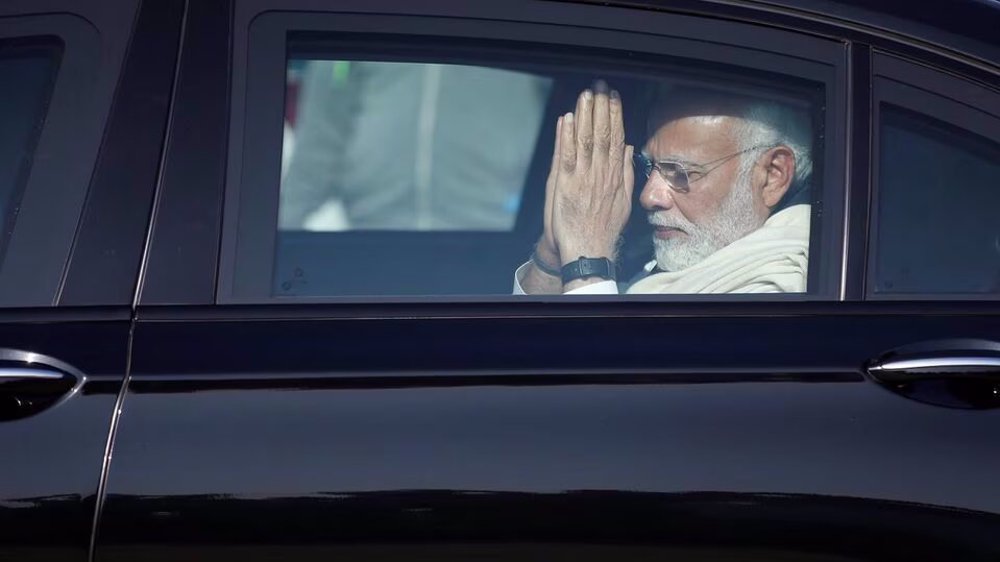
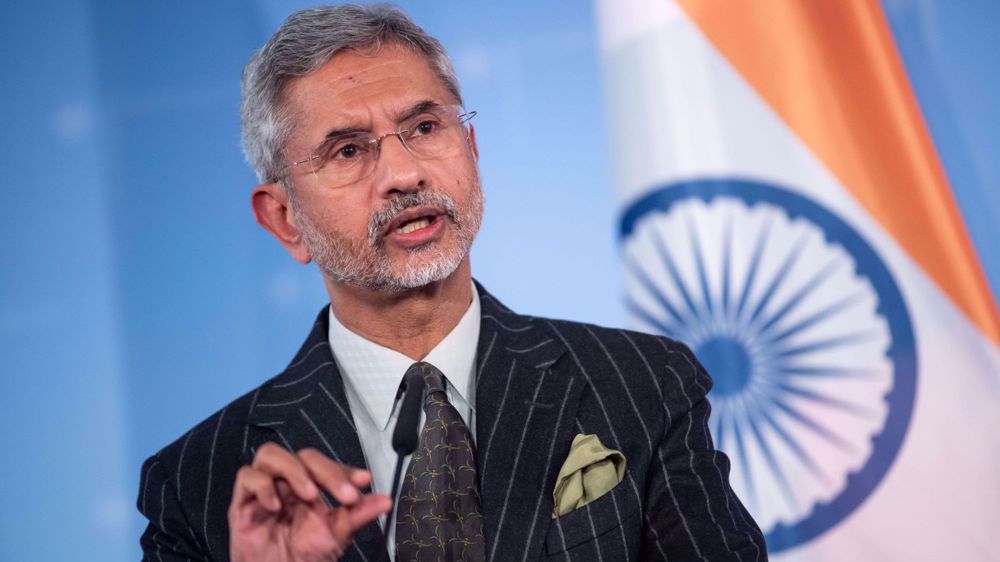
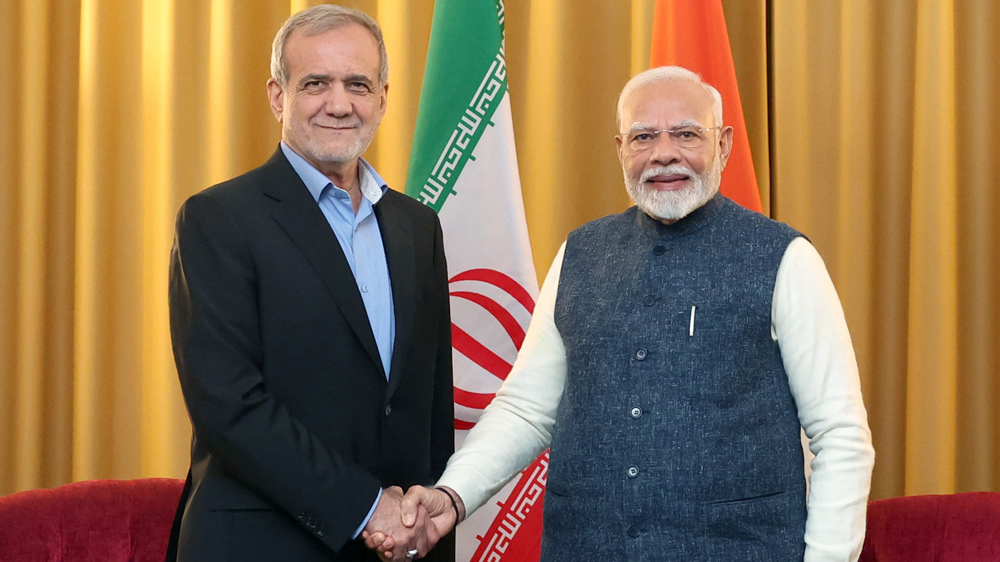




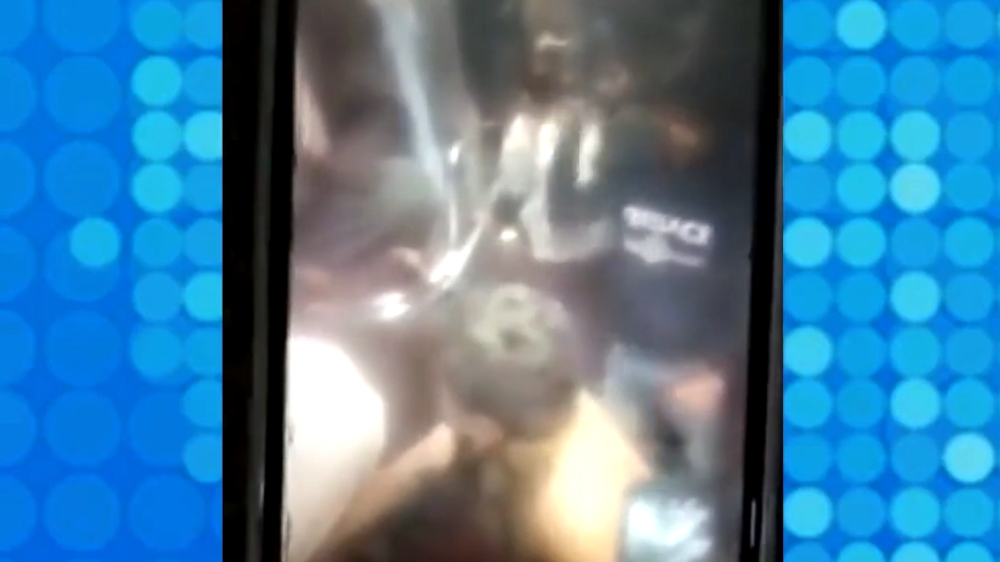
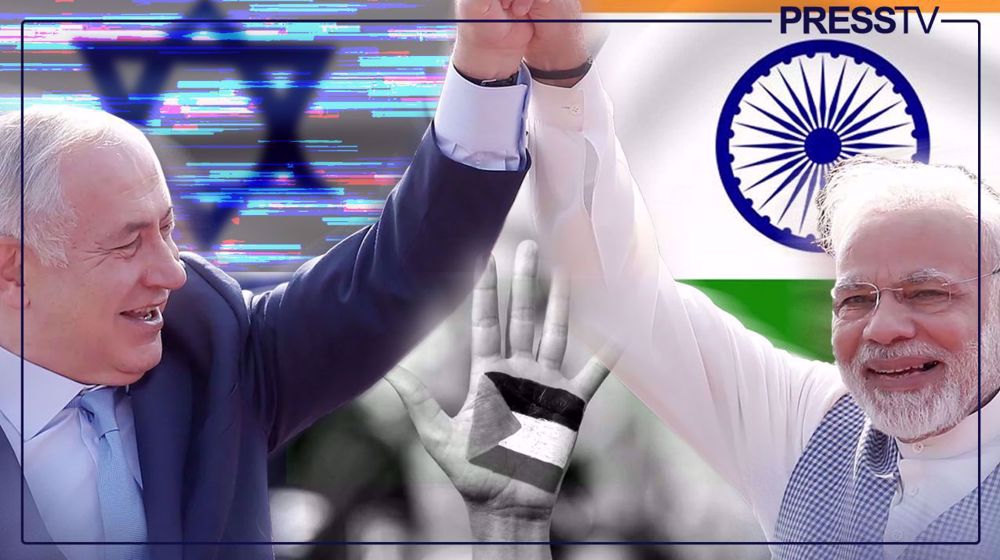
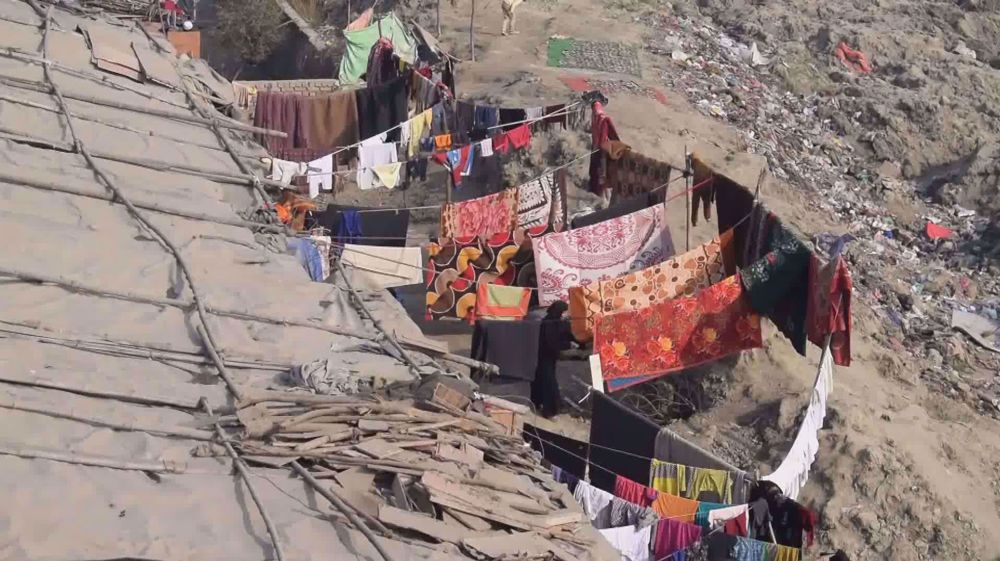
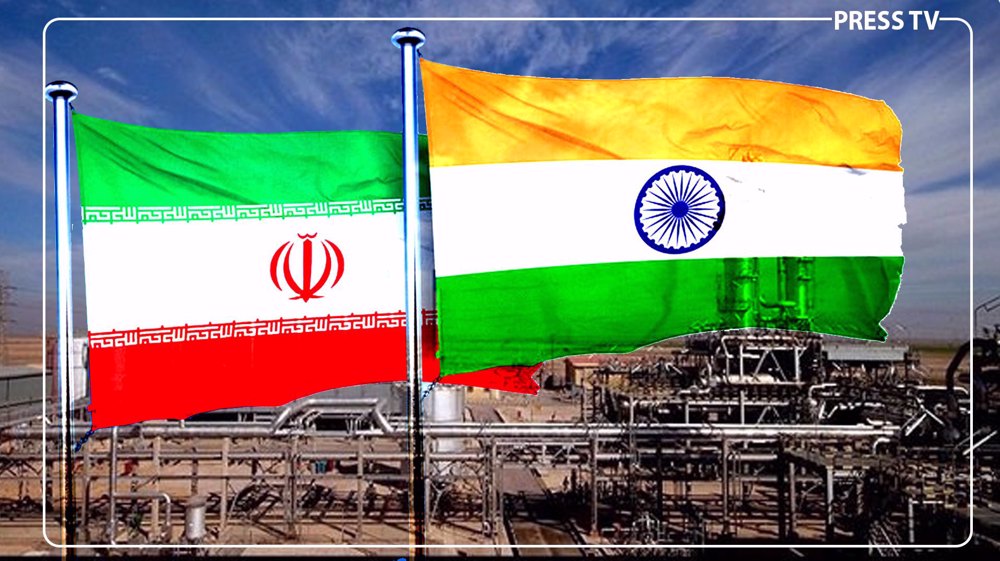
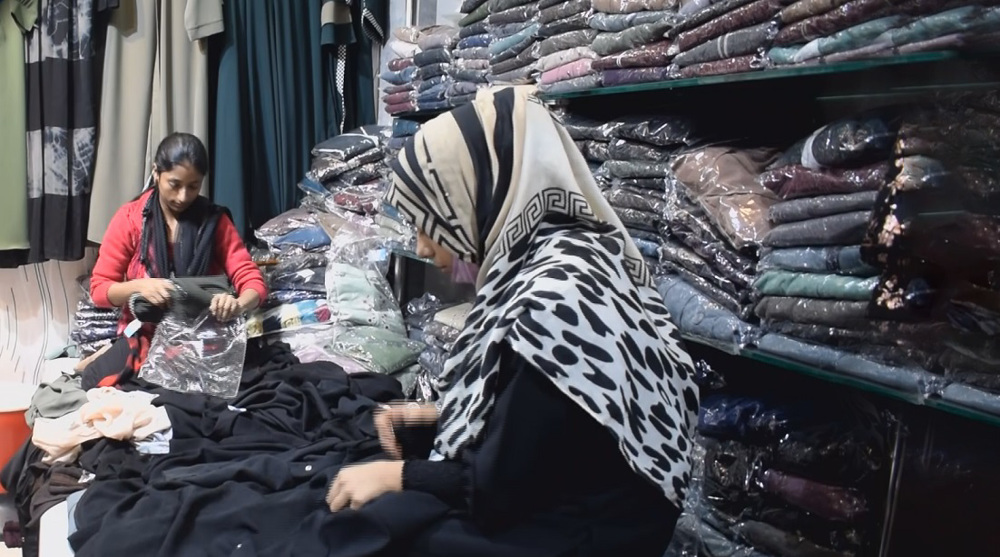
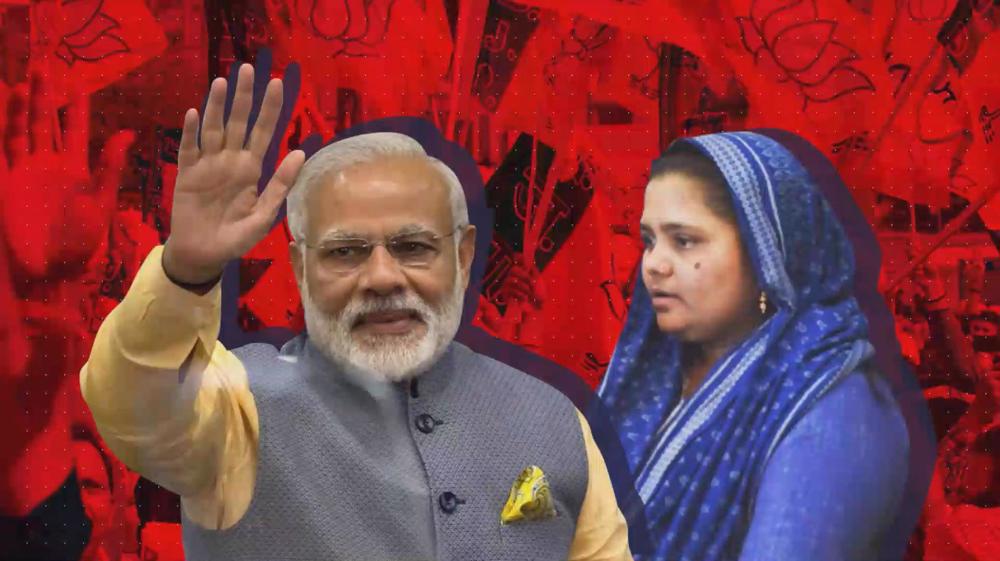
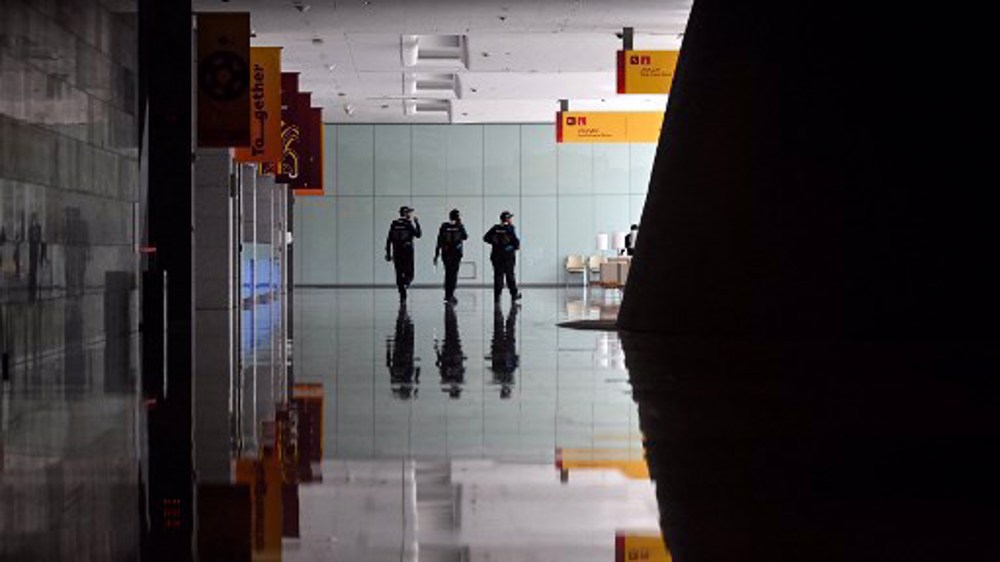

 This makes it easy to access the Press TV website
This makes it easy to access the Press TV website